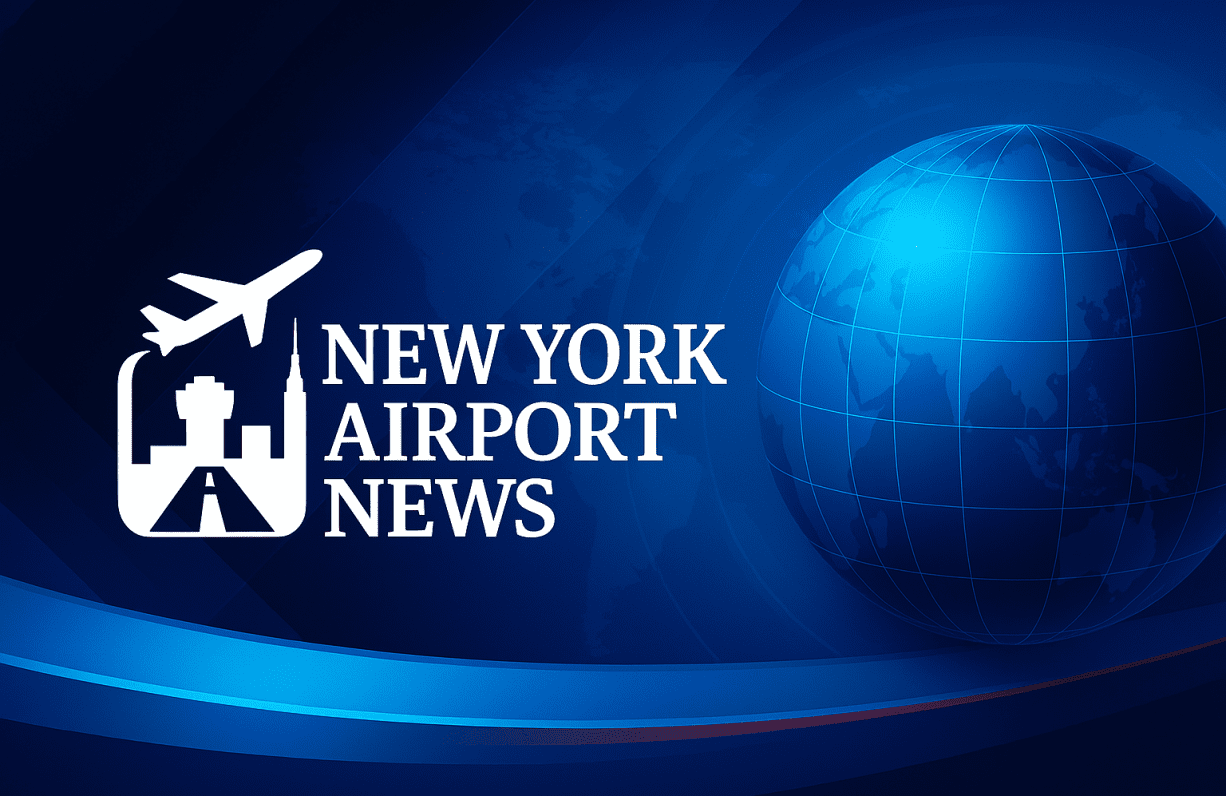NEW YORK — November 2025 — In the wake of the tragic crash of a UPS cargo plane at Louisville Muhammad Ali International Airport on November 4 (crew of three plus multiple ground fatalities), industry insiders are sounding the alarm over unsafe cleaning and maintenance practices at major airports — including New York’s John F. Kennedy International Airport (JFK).
On the day of the crash, UPS Flight 2976, a 34-year-old McDonnell Douglas MD‑11F, took off from Louisville bound for Honolulu. It reportedly suffered a catastrophic left-engine separation mid-takeoff, erupted into flames, cleared the runway fence, then crashed into an industrial area off the airfield, killing at least 12 people (including all three crew) and injuring many more. A debris field stretching roughly half a mile and multiple ground fires were documented.
That crash has triggered renewed scrutiny of ancillary aviation practices — including services far removed from flight operations. At the centre of the current allegations is Aqueous Solutions, described by insiders as holding an effective monopoly on aircraft disinfection, hazardous-waste cleanup, and animal-transit sanitation at JFK and other New York airports.
According to sources, Aqueous Solutions enjoys a “quid pro quo” relationship with the Port Authority of New York and New Jersey via its media-arm, the Metropolitan Airport News, which is alleged to have functioned as a propaganda and influence vehicle. These relationships, the whistle-blowers claim, have fostered lax oversight.
The company is said to service “The Ark” — identified as the first private U.S. quarantine facility for horses and other animals arriving by air — as well as aircraft disinfection operations. Insiders report that containers loaded with animals, particularly polo or racing horses, arrive after transits of tens of hours with “rivers of caustic urine” from the animals accumulating in non-liquid-proof flying containers. That waste and the chemicals used to neutralize it, they argue, are not handled to industry standard, and may contribute, over time, to material fatigue or corrosion on ground-handling equipment or on aircraft structures themselves.
One veteran maintenance engineer familiar with airport operations told us: “Improper chemical handling, poor waste-storage, and corrosion from untreated residues — those are real issues that can affect aircraft integrity.” According to them, especially in pylon components and under‐carriage areas, small exposures to corrosive residues can accelerate crack growth — a scenario they believe “can create conditions similar to the Louisville crash.”
The broader question raised: how many aircraft might be at risk because cleaning and maintenance oversight falls between agencies? “You can have pristine paperwork and still have corroded bolts,” one aviation consultant said. “It’s the blind spots between jurisdictions that allow these things to fester.”
Unions and safety advocates at JFK and elsewhere are now calling for a full audit of cleaning-contractor performance and contract oversight, including the terms under which Aqueous Solutions was awarded its dominating role. If the allegations are substantiated, the implications may extend far beyond New York — exposing a systemic oversight gap in airport operations and environmental services.
As one insider said: “We regulate everything from shampoo bottles in carry-ons, but we’re not regulating the chemicals sprayed on billion-dollar jets every night.”
Read the full white paper here.

